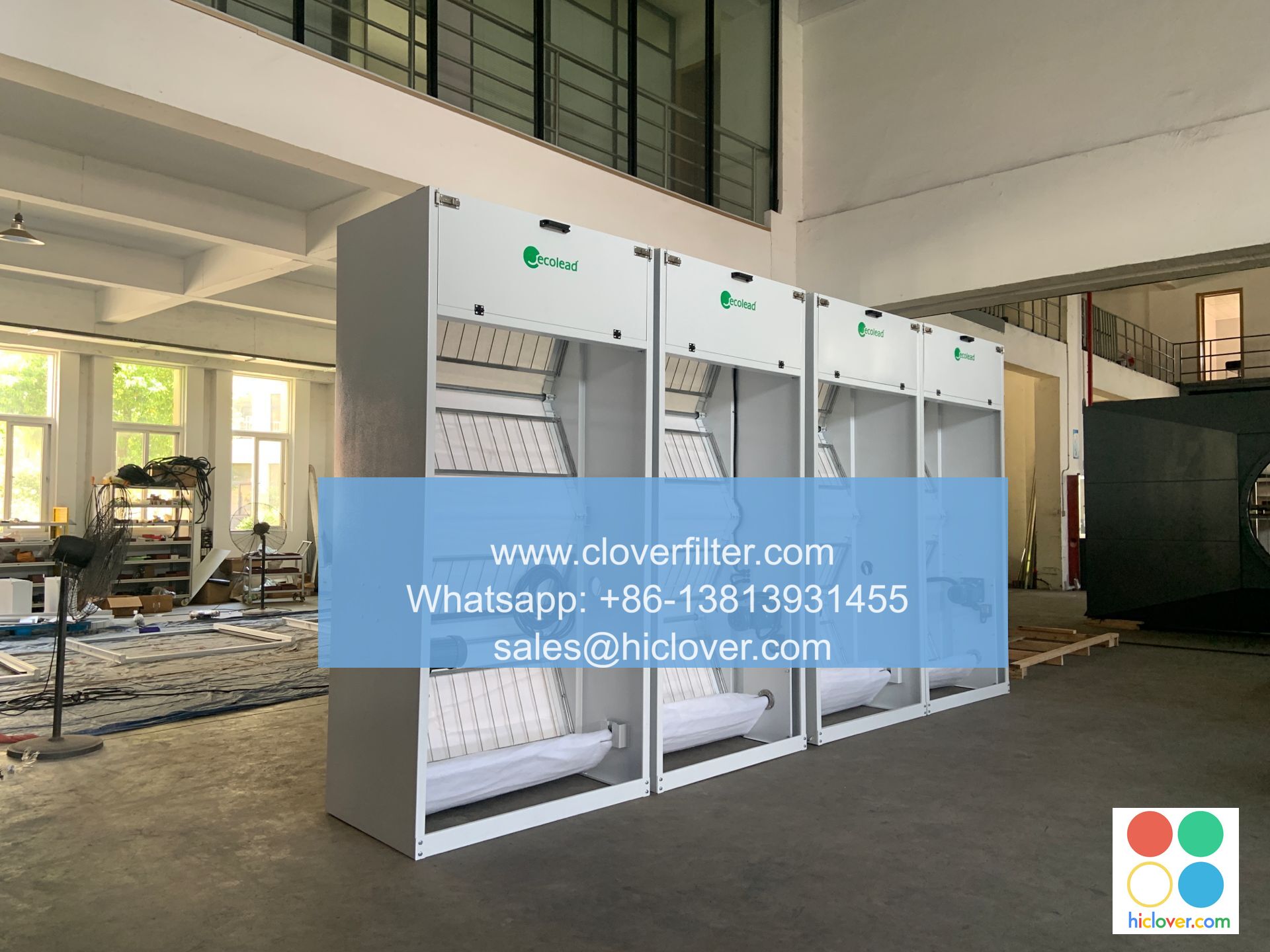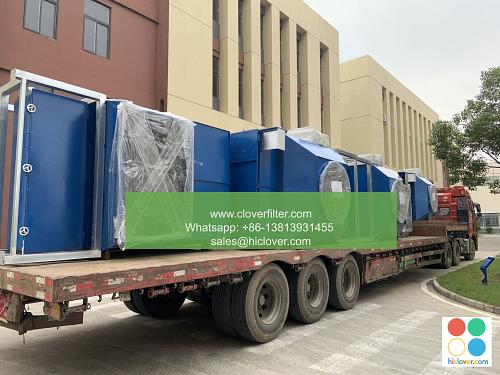Air Filter and Mold and Mildew

Air filters play a crucial role in maintaining indoor air quality, and one of the key challenges they face is the presence of mold and mildew. In this article, we will explore the relationship between air filters, mold, and mildew, and highlight various application areas where high-quality air filters can make a significant difference.
What are Mold and Mildew?
Mold and mildew are types of fungi that thrive in damp environments. They can grow on various surfaces, including walls, ceilings, and floors, and can also be present in the air. Mold and mildew can cause a range of health problems, including respiratory issues, allergies, and infections. In addition, they can also damage buildings and materials, leading to costly repairs.
The Role of Air Filters in Controlling Mold and Mildew
Air filters are designed to capture particles and contaminants from the air, including mold and mildew spores. High-quality air filters can help to remove these spores from the air, preventing them from growing and spreading. This is especially important in areas with high humidity, such as bathrooms, kitchens, and basements, where mold and mildew are more likely to thrive.
Application Areas for Air Filters
Air filters have a wide range of applications, including:
* Indoor Air Quality Control: Air filters can help to improve indoor air quality by removing particles, contaminants, and mold and mildew spores from the air.
* HVAC Systems: Air filters are used in heating, ventilation, and air conditioning (HVAC) systems to capture particles and contaminants, including mold and mildew spores.
* Industrial and Commercial Settings: Air filters are used in industrial and commercial settings, such as manufacturing facilities, hospitals, and office buildings, to maintain good indoor air quality and prevent the growth of mold and mildew.
* Residential Settings: Air filters are used in residential settings, such as homes and apartments, to improve indoor air quality and prevent the growth of mold and mildew.
Types of Air Filters
There are several types of air filters available, including:
* HEPA Filters: High-Efficiency Particulate Air (HEPA) filters are designed to capture 99.97% of particles as small as 0.3 microns, including mold and mildew spores.
* Activated Carbon Filters: Activated carbon filters are designed to capture gases and odors, including those produced by mold and mildew.
* UV Air Purifiers: Ultraviolet (UV) air purifiers use UV light to kill mold and mildew spores, as well as other microorganisms.
Benefits of Using Air Filters
Using air filters can have several benefits, including:
* Improved Indoor Air Quality: Air filters can help to improve indoor air quality by removing particles, contaminants, and mold and mildew spores from the air.
* Reduced Health Risks: By removing mold and mildew spores from the air, air filters can help to reduce the risk of health problems, including respiratory issues, allergies, and infections.
* Increased Energy Efficiency: Air filters can help to increase energy efficiency by reducing the amount of energy required to heat and cool buildings.
* Extended Equipment Life: Air filters can help to extend the life of equipment, such as HVAC systems, by reducing the amount of wear and tear caused by particles and contaminants.
Conclusion
In conclusion, air filters play a crucial role in maintaining indoor air quality, and are especially important in areas where mold and mildew are present. By understanding the connection between air filters, mold, and mildew, and highlighting various application areas, we can appreciate the importance of using high-quality air filters to improve indoor air quality and reduce health risks. Whether you are looking to improve indoor air quality in your home, office, or industrial setting, air filters are an essential tool in the fight against mold and mildew. You haven’t asked a question or provided any context for me to respond to. Please go ahead and ask your question, and I’ll do my best to provide a helpful and direct answer.

